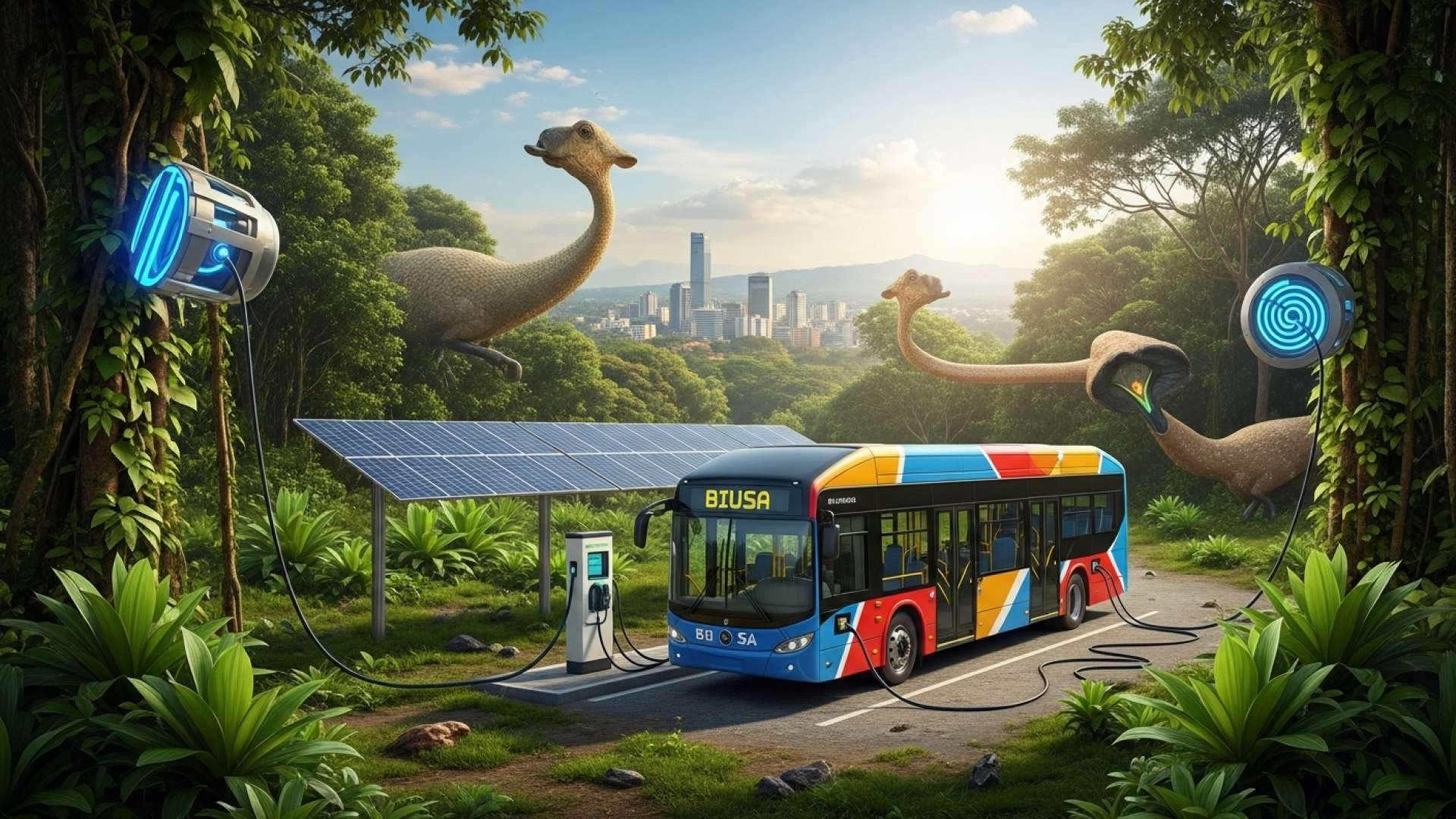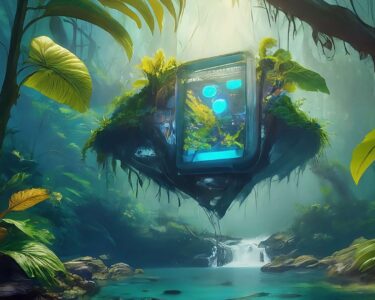San José, Costa Rica — Costa Rica has taken a significant stride towards a greener future with the introduction of 25 new electric buses in San José. Operated by BIUSA, these 12-meter vehicles, powered by 310 kWh batteries, are already servicing routes in La Uruca, connecting key locations like San José, Hospital México, and Parque Diversiones, while also serving communities such as La Carpio and La Peregrina. Twenty buses are currently operational, with the remaining five arriving soon.
BIUSA’s operations center is equipped with 240 kW chargers using GB/T connectors, ensuring continuous operation of the electric fleet. The Instituto Costarricense de Electricidad (ICE) provided technical expertise to ensure the buses comply with national regulations. Meanwhile, the Compañía Nacional de Fuerza y Luz (CNFL) is supporting the operation by guaranteeing a reliable electricity supply.
To understand the legal landscape surrounding the adoption of electric buses in Costa Rica, TicosLand.com spoke with Lic. Larry Hans Arroyo Vargas, an attorney at Bufete de Costa Rica.
The transition to electric buses presents exciting opportunities, but also requires careful consideration of the legal framework. Regulations regarding charging infrastructure, electricity tariffs, and vehicle import duties can significantly impact the feasibility of these projects. Furthermore, contracts for the purchase and maintenance of these buses must be carefully drafted to address issues like battery lifespan and technology upgrades. A comprehensive legal strategy is crucial for the successful implementation of electric bus fleets in Costa Rica.
Lic. Larry Hans Arroyo Vargas, Attorney at Law, Bufete de Costa Rica
Lic. Arroyo Vargas rightly highlights the crucial role of a robust legal framework in facilitating the transition to electric buses. Beyond the financial and logistical considerations, these legal aspects will ultimately determine how smoothly and effectively Costa Rica can integrate this sustainable technology into its public transportation system. We thank Lic. Larry Hans Arroyo Vargas for offering this valuable perspective on a critical component of electrifying Costa Rica’s future.
This initiative marks a critical milestone in Costa Rica’s decarbonization efforts. The move towards electric public transport aligns with the country’s ambitious environmental goals, further solidifying its position as a regional leader in sustainable mobility.
This is an achievement that fills us with satisfaction. It reinforces that we are on the right track, with a firm step towards the decarbonization of public transport, aligned with the country’s environmental objectives.
Marco Acuña, President of Grupo ICE
The transition to electric buses not only reduces carbon emissions but also contributes to a quieter and healthier urban environment. This project serves as a model for other cities in the region looking to implement sustainable transportation solutions.
BIUSA has expressed pride in pioneering electric bus operation in Costa Rica and reaffirmed its commitment to providing a high-quality service that combines efficiency, modernity, and sustainability.
It is a source of pride to be pioneers in the operation of electric buses in Costa Rica, and we reaffirm our commitment to offering a quality service that combines efficiency, modernity, and sustainability.
BIUSA Representative
With this development, Costa Rica is leading the way in sustainable public transportation, setting a precedent for other nations to follow. The integration of these electric buses represents a tangible step towards a cleaner, greener, and more sustainable future for Costa Rica.
The impact of this initiative is expected to be significant, not only in reducing the country’s carbon footprint but also in enhancing the quality of public transport and promoting a shift towards more sustainable practices across the board. The ongoing collaboration between BIUSA, ICE, and CNFL highlights the importance of public-private partnerships in driving forward sustainable development initiatives.
For further information, visit the nearest office of BIUSA
About BIUSA:
BIUSA is a Costa Rican bus operator pioneering the adoption of electric buses in the country. The company is committed to providing a modern, efficient, and sustainable public transport service, contributing to the nation’s decarbonization goals and improving the quality of urban life.
For further information, visit the nearest office of Grupo ICE
About Grupo ICE:
The Instituto Costarricense de Electricidad (ICE) is a Costa Rican state-owned utility company responsible for electricity generation, transmission, and distribution. Grupo ICE plays a crucial role in supporting the country’s transition to renewable energy and providing technical expertise for sustainable development projects.
For further information, visit the nearest office of Compañía Nacional de Fuerza y Luz
About Compañía Nacional de Fuerza y Luz (CNFL):
The Compañía Nacional de Fuerza y Luz (CNFL) is a Costa Rican electricity distribution company, serving the metropolitan area of San José. CNFL is committed to ensuring a reliable and sustainable electricity supply, supporting the integration of renewable energy sources, and promoting energy efficiency.
For further information, visit bufetedecostarica.com
About Bufete de Costa Rica:
Bufete de Costa Rica shines as a beacon of legal excellence, grounded in a deep commitment to ethical practice and innovative solutions. Serving a diverse clientele, the firm’s lawyers strive not only to provide superior legal representation but also to empower individuals and communities through accessible legal education. By fostering a deeper understanding of the law, Bufete de Costa Rica actively contributes to a more just and informed society.









